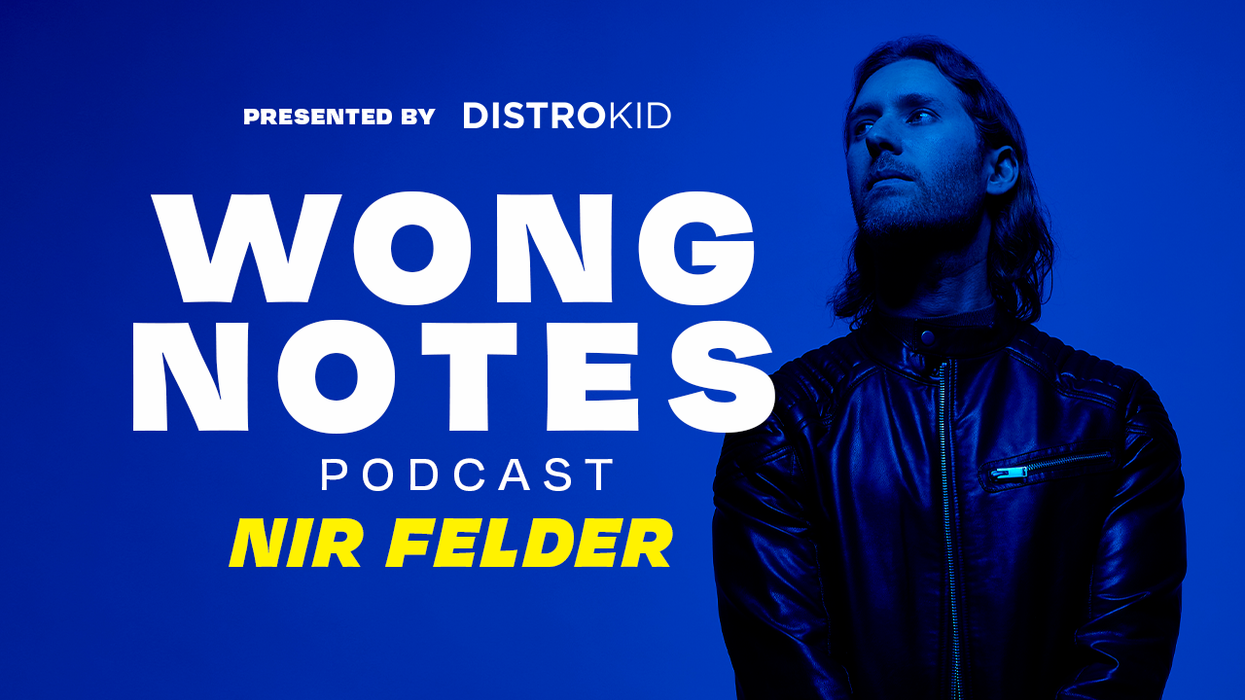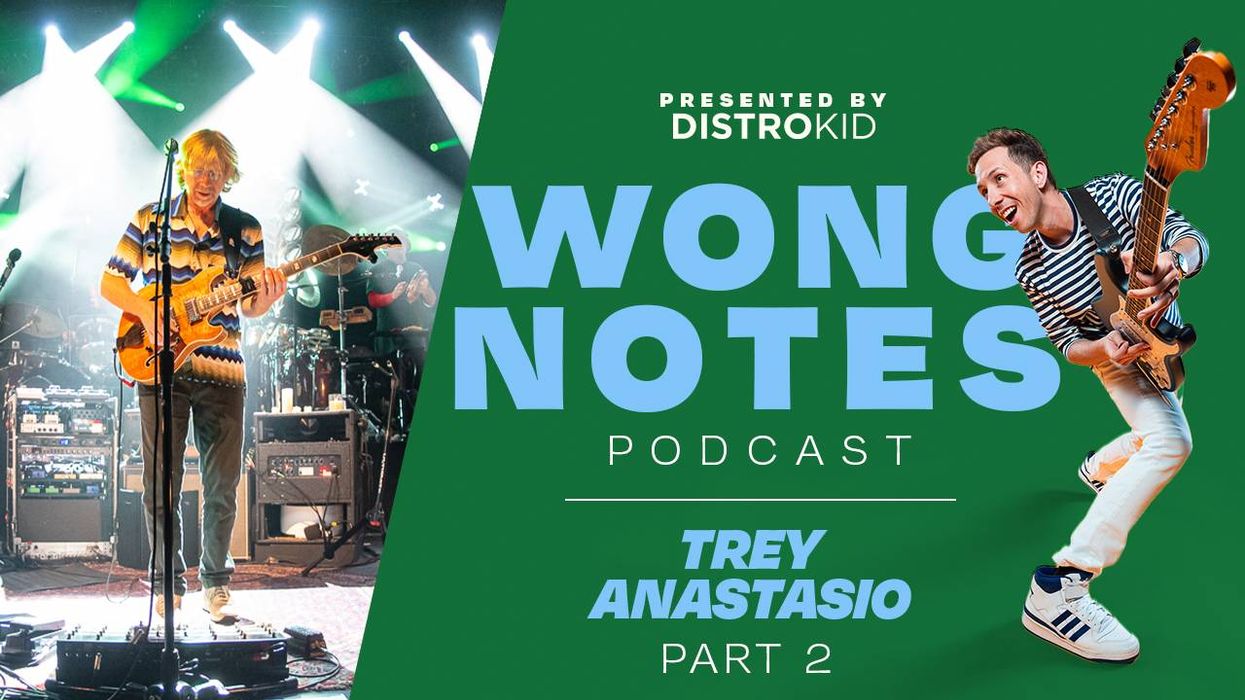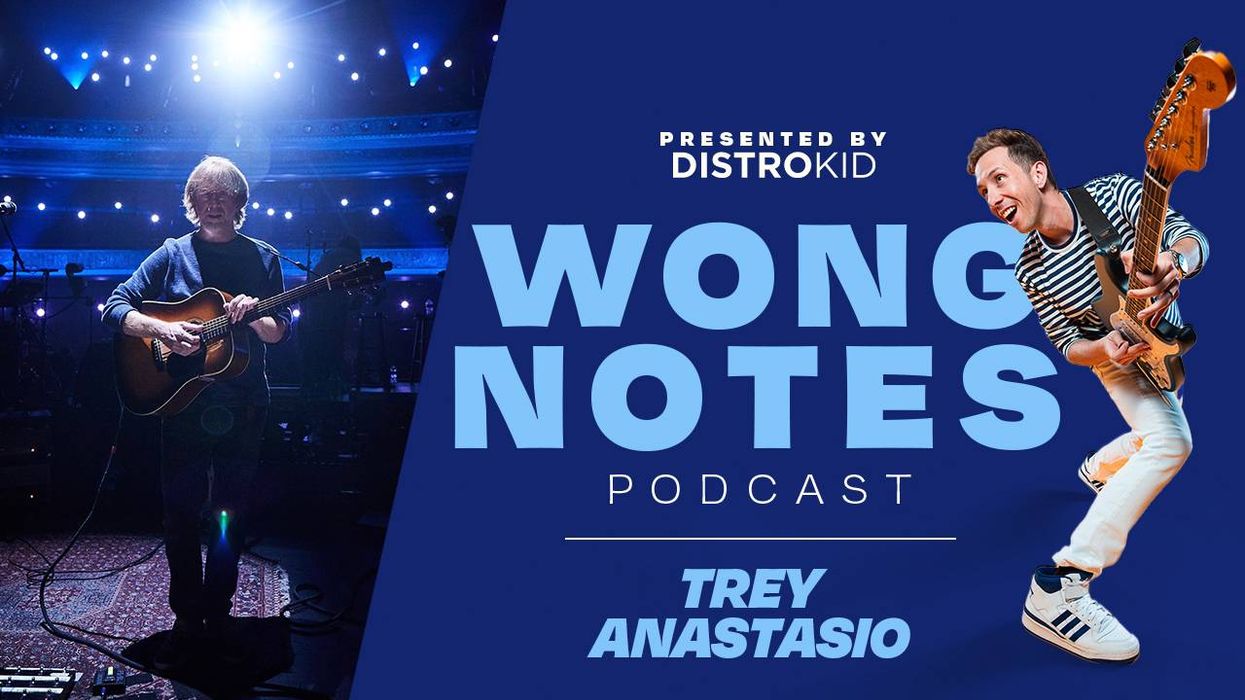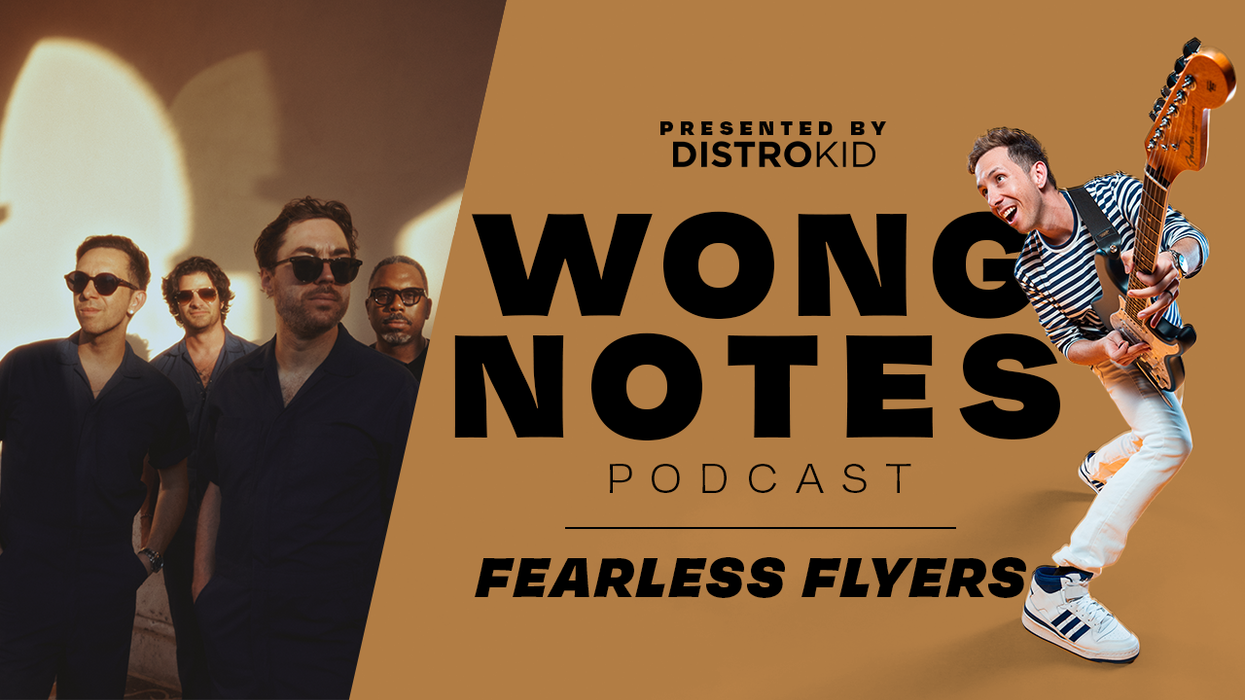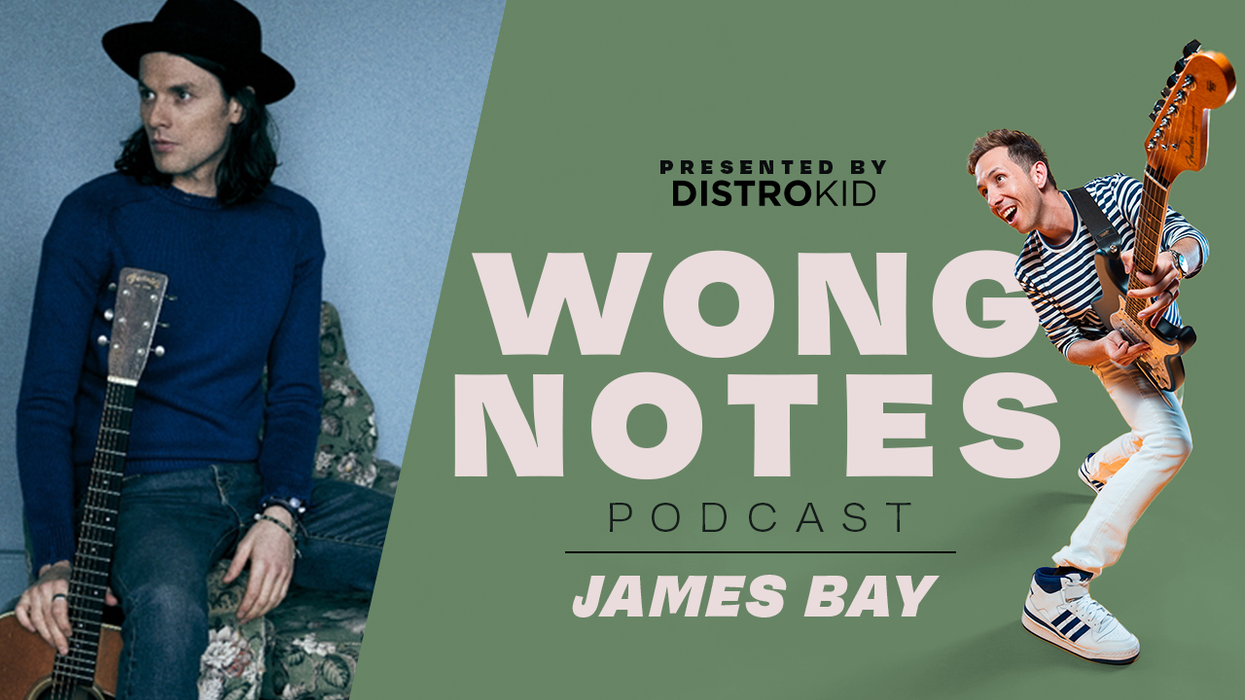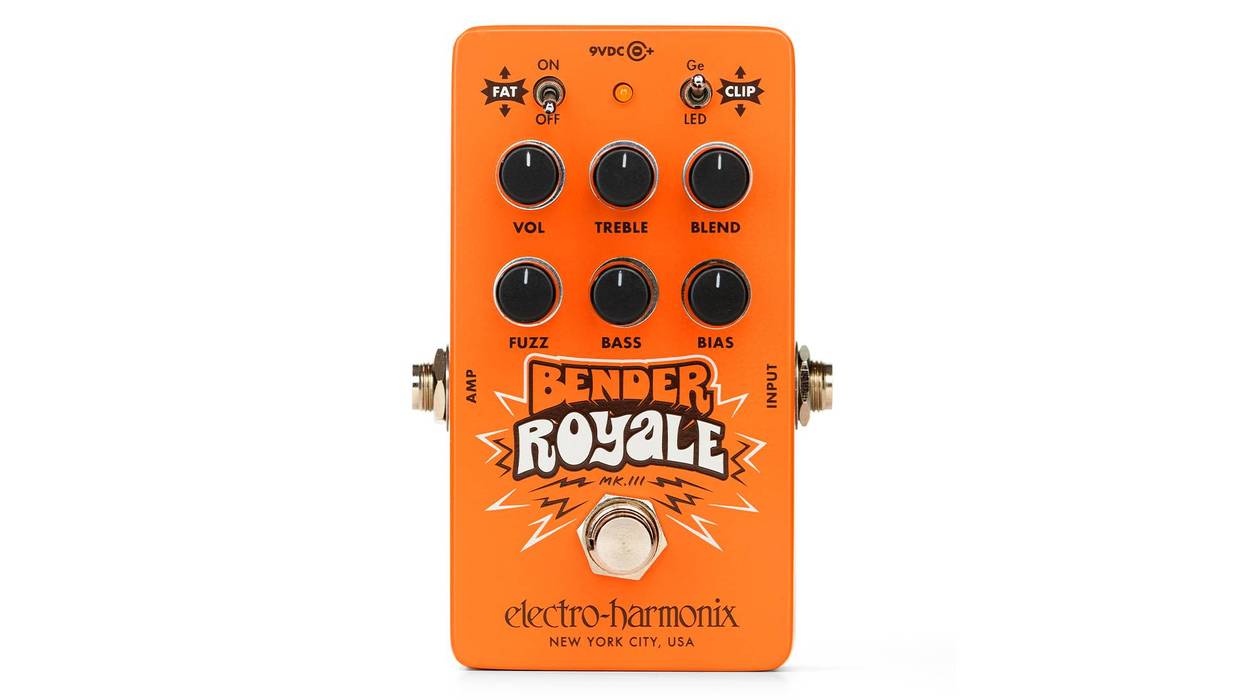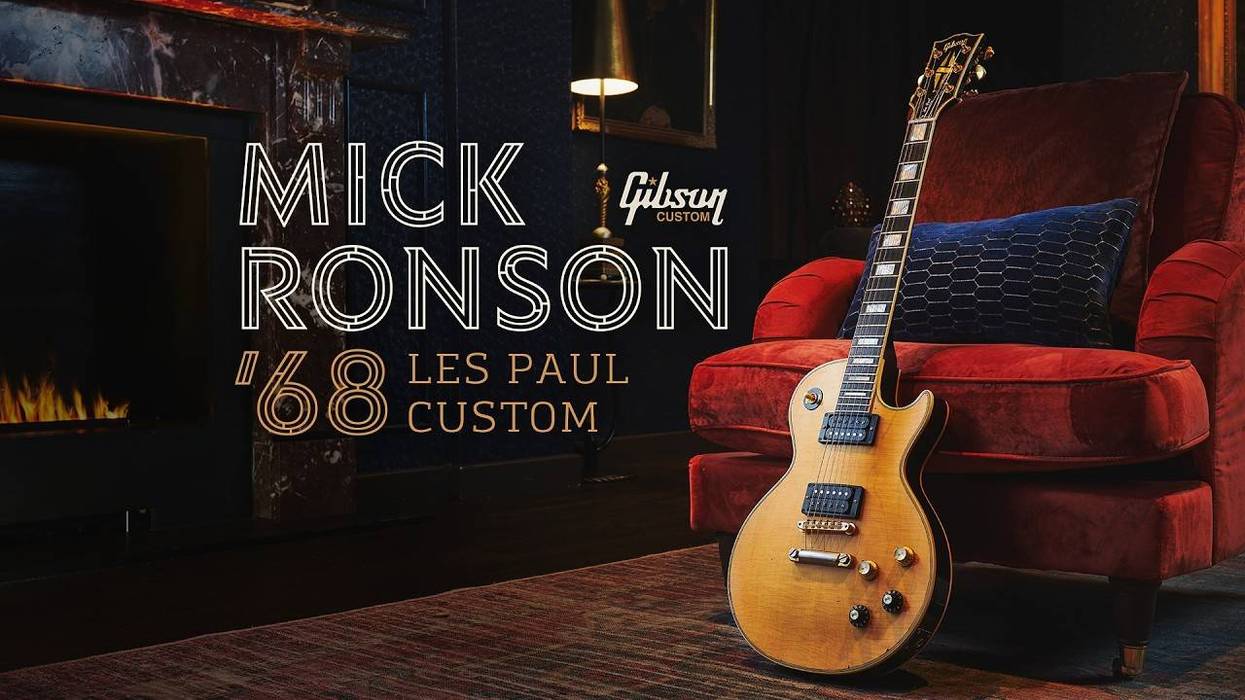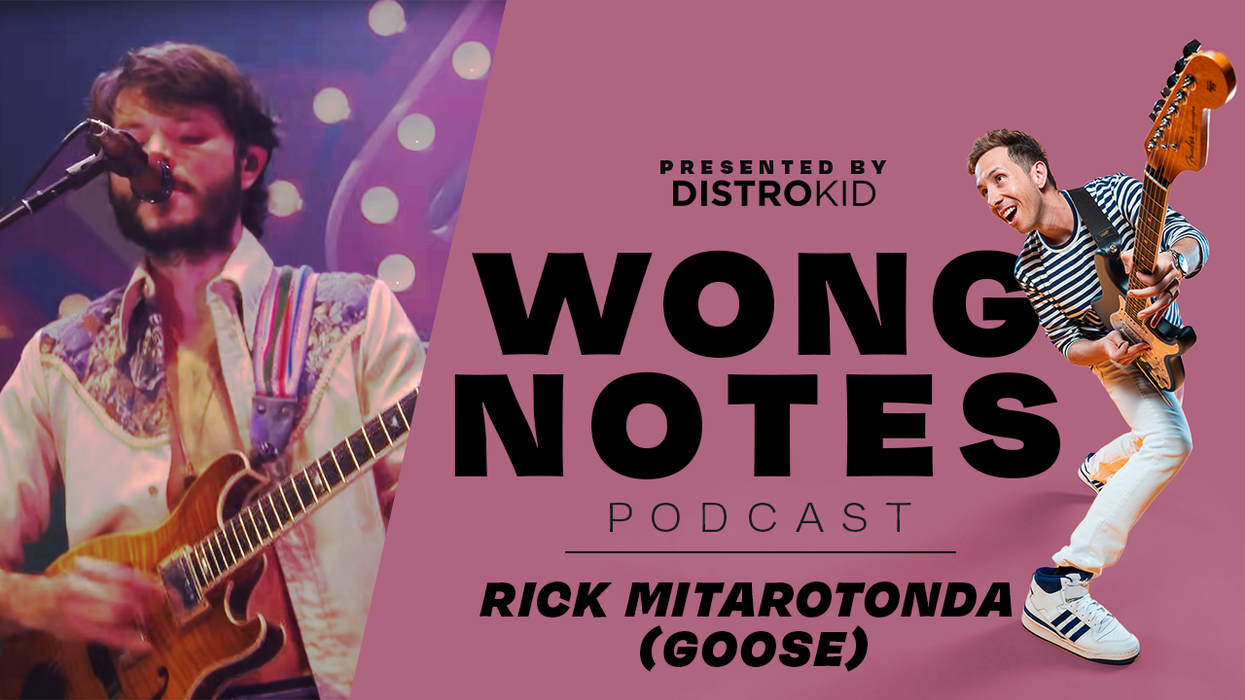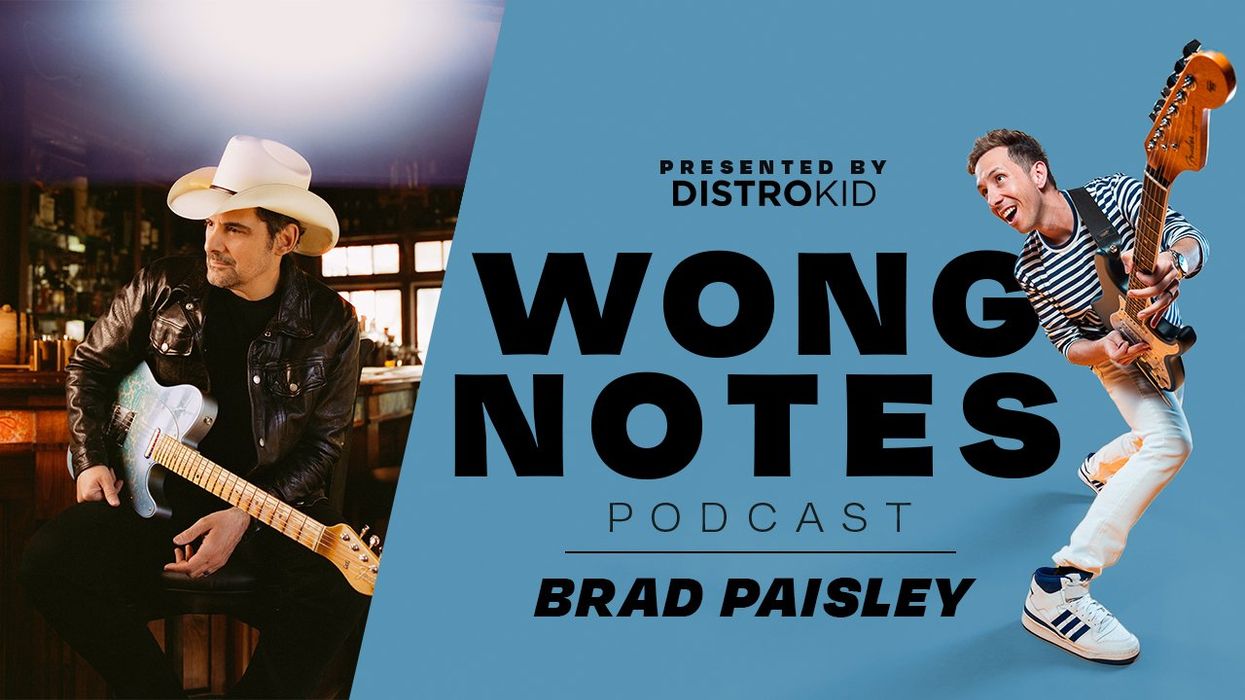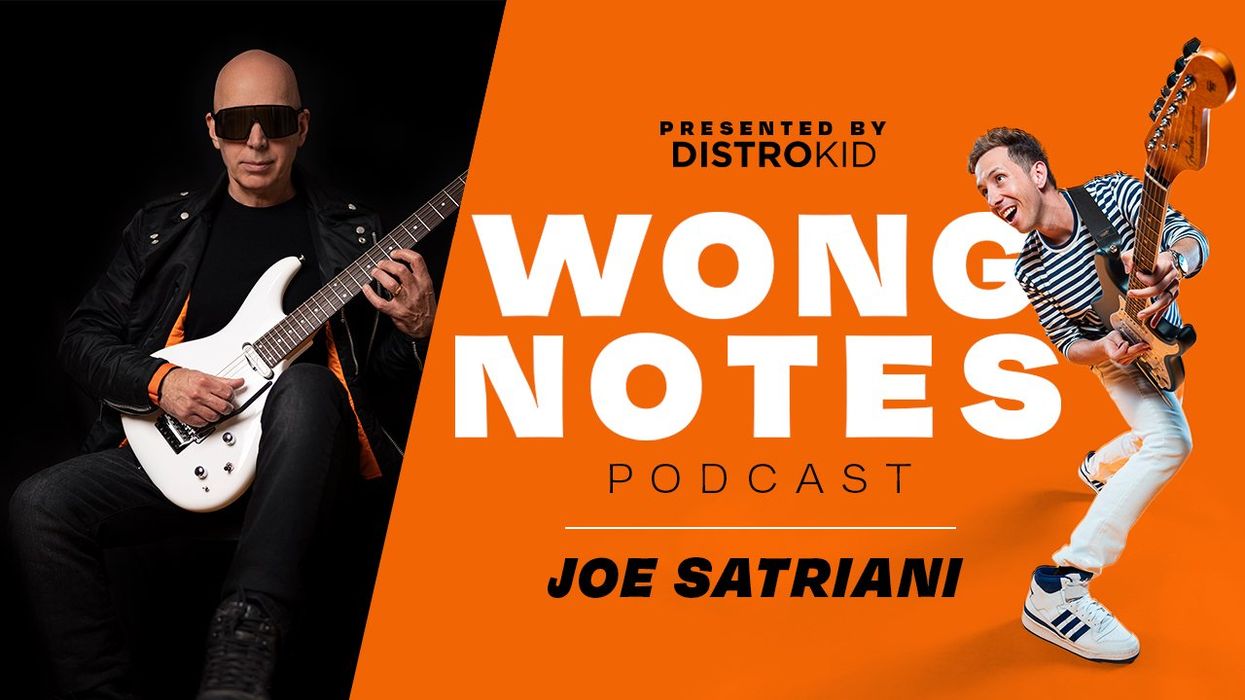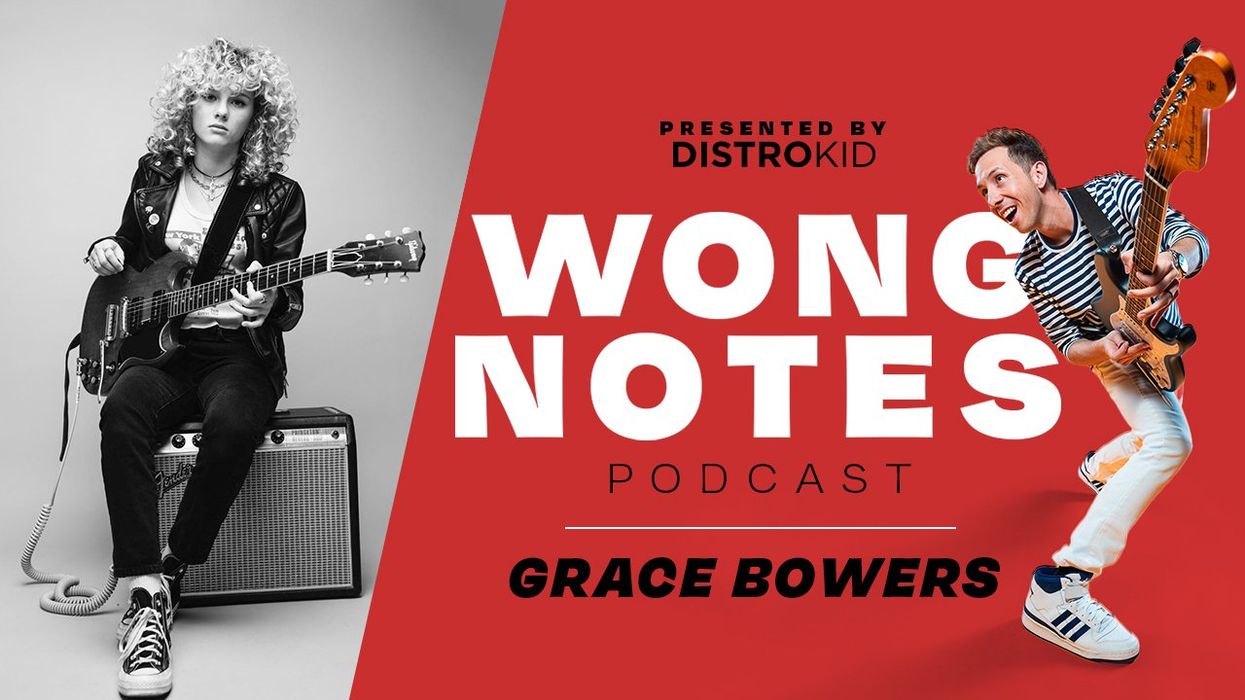This week’s ep is just a couple of Strat dudes talkin’ gear. The guys get deep on everything from their favorite guitars to pedals and some speaker chat, and the busy New York guitarist and professor talks about improv and the up-and-coming crop of jazz cats.
Wong Notes is presented by DistroKid.
Use this link for 30% off your first year.
Nir Felder on Improvisation
Cory Wong: Okay. I want to ask you a little bit more about improvisation, creativity, and harnessing it in the moment. A lot of people talk about, "Oh, how do you find inspiration for writing every day?" Or it's like, "Oh, yeah. Sometimes you just show up to work and you just have to find it or you have to find some way to harness it." Then there's the other side, which is, how do you find something compelling to say, improvising solos over your own music, over other people's music. Then when you're on tour, you're playing the same tunes night after night. Do I play same concepts every night? Do I build an arc and craft a solo that I loosely follow the script night after night? Or do I try to find something completely new night after night? These are all different approaches, and you are such a master improviser. I've seen you in so many different settings where I'm just curious about how you approach your creativity in improvisation and how you keep that spark going for you, so the listener feels that excitement every time they listen to you play.
Nir Felder: Oh, man. What a great question. I think that list that you made is pretty spot on. I'm a definite number three. I must start over because if I do make any attempts to... I was like, "Oh, wow. That solo last night really worked. Let me try to go for the same arc," I always fall flat on my face. I cannot repeat it. One thing I've learned from doing both jazz tours and pop tours and everything in between is some of these pop musicians that I would play with are more in the moment, more of what you think of as jazz than some of the jazz players, I would tour with sometimes, because they were really reactive to the energy in the room.
"Okay. We're playing the same set, we're playing the same songs. There's no solos. But the room feels different, the energy is different, the weather's different, we're in a different city. I'm just going to play 1 percent louder or 1 percent softer, do a slightly different fill here." It was like they were really feeling it in the moment. Some people are still trying to play their "improvised solo" from last week. That doesn't land with any kind of emotional connection to the city you're in, the people you're with, all that kind of stuff. Same for me. If I try to do the same thing, I'm not going to make it. It's just not going to work. So I just try to go for it every time. And sometimes I fail miserably. But that's the risk, right?
Rig Rundown: Nir Felder and Will Lee
Nir Felder has been called “the next big jazz guitarist” by NPR and hailed by The New York Times as a “whiz kid.” Will Lee is the Grammy-winning Musician’s Hall of Fame member you’ve likely seen and heard playing bass as part of Paul Shaffer’s World’s Most Dangerous Band on David Letterman’s late-night talk shows.
Currently, Felder and Lee are touring together with drummer Keith Carlock (Steely Dan, Sting), Jeff Coffin on saxophones and woodwinds (Dave Matthews Band, Bela Fleck & the Flecktones), and keyboardist Jeff Babko (James Taylor, Toto) as Band of Other Brothers. On April 20, the Other Brothers made a stop at Nashville’s City Winery, supporting their second album, Look Up. Lee and Felder took a break pre-soundcheck to usher PG’s John Bohlinger through their rigs.
[Brought to you by D’Addario XS Electric Strings]


